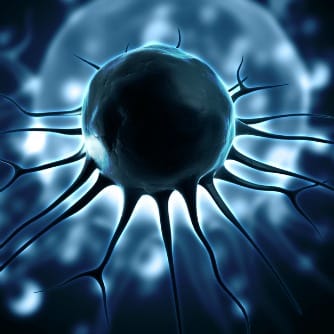For the best outcome, stroke victims must receive the primary drug treatment within hours, but many people do not get this access – largely because they fail to seek help immediately following the incident. Consequently, scientists are exploring options to grow new brain cells (neurons), to replace those damaged in brain diseases. Kylie Ellis, from the University of Adelaide (Australia), and colleagues have discovered that stem cells taken from teeth can grow to resemble neurons. While the resultant cells were not identical to normal neurons, the new cells shared very similar properties to neurons. They also formed complex networks and communicated through simple electrical activity. Importantly, this work with dental pulp stem cells heralds potential opportunities to model other brain diseases in addition to stroke.




